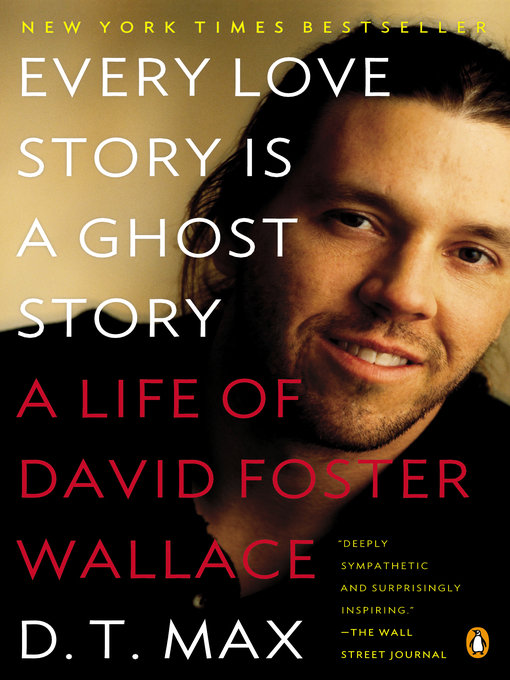- Available now
- New eBook additions
- New kids additions
- New teen additions
- Most popular
- Try something different
- #BookTok
- Bans off Our Books
- 2025 Libby Book Award Winners and Runners Up
- 250th Anniversary of the American Revolution
- National Poetry Month
- Top 100 Books at the Library: Week of 4/3/25
- See all ebooks collections
- Available now
- New audiobook additions
- New kids additions
- New teen additions
- Most popular
- Try something different
- Bans off Our Books
- 2025 Libby Book Award Winners and Runners Up
- 250th Anniversary of the American Revolution
- National Poetry Month
- See all audiobooks collections




